What is Music Theory and Why Should I Learn it?
Â
 Aside from the academic study of music theory, which explores the theories surrounding music issues, such as whether or not a piece of music fits into one category or another, music theory is really the nuts and bolts of music.  It’s the way that music is composed, and performed. Whether you are thinking about musical harmony, the way a concerto is orchestrated, and even the simple basics of how to read music, then you’re thinking about aspects of musical theory.
Aside from the academic study of music theory, which explores the theories surrounding music issues, such as whether or not a piece of music fits into one category or another, music theory is really the nuts and bolts of music.  It’s the way that music is composed, and performed. Whether you are thinking about musical harmony, the way a concerto is orchestrated, and even the simple basics of how to read music, then you’re thinking about aspects of musical theory.
The first question that many people just starting out on their music journey often ask is “Do I really need to know this stuff?” The answer depends on what you want to do with your music. There are many successful recording artists who can’t read music never mind distinguish a symphony from a sonata. This implies that you don’t need to have any knowledge of music theory in order to be a successful musician. However musicians who can do this to a great level are few and far between. Even if you are pitch perfect and can compose and play a piece of music entirely from memory, you can’t easily share this music with others unless they have similar skills.
Music theory allows musicians from all backgrounds to come together on a level playing field. Each of them understand the piece of music in front them. They know what key it is to be played in – vital if they want to create harmonies.  They know what time it’s in so that they can get the beat right. The composer will have noted on the music manuscript how the piece is to be played – terminology that means slowly, softly, “with gusto” and so on. Those who compose understand the common music forms and by understanding the range of each instrument are able to combine different combinations of instruments playing harmoniously together. They know the instruments to work with for the kind of music they are composing, and can compose both melody and base lines that sound right whether played independently or together.Â
If you have a good ear for music and know the fundamentals of how your musical instrument works, then you may have no use for music theory. On the other hand, if you want to compose music that you’d like to share with other musicians, if you want to play with other musicians in an orchestra or band, or  if you want to be able to play a piece of music that someone else has composed and you haven’t heard played, then some basic understanding of music theory is required.
Imagine that you can look at any music score and instantly be able to sight-read it, which means you could sit down with your instrument and by reading and understanding the notations made by the composer you are able to play that piece of music in the way that the composer intended. With little more than a basic knowledge of music theory, such as being able to read music and understand some simple, common musical terms, you could do that. Even if that’s not a skill you would use often, as a musician, isn’t it a skill you’d like to have?
Â
Â


